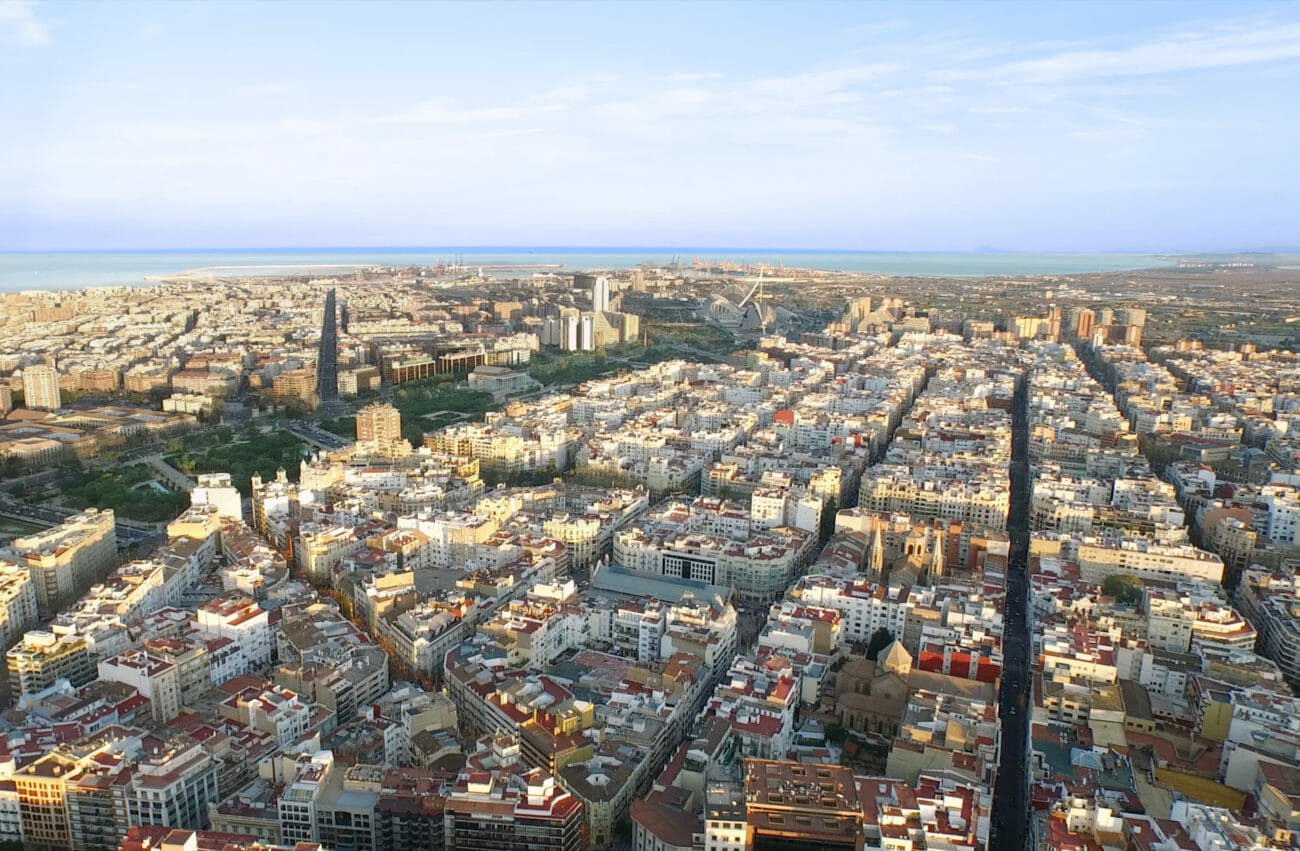We will know a little better the history of Valencia, an incredible city.
Valencia is a municipality and a Spanish city. It is the capital (and the most populated locality) of the municipality, of the homonymous province and of the Valencian Community, although previously it was also the capital of the extinct region of the Huerta de Valencia.
It is the third municipality by population in Spain, since it has approximately 800,000 inhabitants, while its metropolitan area has approximately 1,550,000 inhabitants.

The Romans, their founders
Valencia was founded by the Romans as a colony in the year 138 a. C., being its consul Tenth June Gross Galaico, and was named Valentia Edetanorum. Several centuries later, in 711, Muslims occupied the city, contributing their language, religion and customs, such as the introduction of irrigation systems and the introduction of new crops.
In the year 1238, the Christian king Jaime I of Aragon reconquered the city and divided the lands among the nobles who helped him conquer it. A new law was also created for the city, the Fueros de Valencia, which extended to the rest of the Kingdom of Valencia.
Already in the eighteenth century, Felipe V repealed the fueros as punishment for the kingdom of Valencia for aligning with the Austracists in the War of Spanish Succession. In 1982, Valencia was established as the capital of the current Valencian Community, as stated in the Statute of Autonomy.
The history of Valencia, marked by the river Turia
The city is located on the banks of the Turia River, on the east coast of the Iberian Peninsula, right in the center of the Gulf of Valencia. However, at the time the Romans founded it, it was on a river island of Turia, about four kilometers away from the sea.
The history of Valencia has left a historic center of the largest in Spain, with approximately 169 hectares. Thanks to its historical and monumental heritage and its various scenic and cultural spaces make it one of the cities with the largest influx of national and international tourism in the whole country.
Las Fallas, intangible heritage of UNESCO
Due to its long history, this is a city with countless festivals and traditions, among which the Fallas, which were declared as Intangible Heritage of Humanity by UNESCO, as well as the Water Tribunal.
In addition, Valencia has hosted numerous world events. As for example the Regional Exhibition of 1909, the 32nd and the 33rd Copa América de Vela, the European Grand Prix of Formula 1, the Tennis Open 500, the Global Champions Tour de Equestrian and many more.

